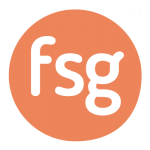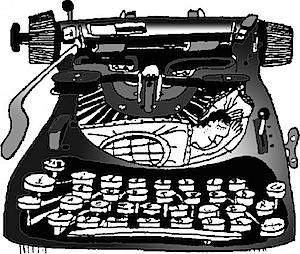An excellent resource for bloggers.
 Continuing my paying-it-forward series of posts, I present to you today another one of my new friends, Duke Vukadinovic.
Continuing my paying-it-forward series of posts, I present to you today another one of my new friends, Duke Vukadinovic.
You may or may not be aware that in my day job, I’m a web developer whose company, Istomedia, has developed over 450 websites and blogs since 1995. This, however, is an expense that many authors would rather not make. And yet, they still need to have an online presence. So, what are they to do?
Duke has come up with a great resource, the First Site Guide. Freelancers – and writers in general – will find there all they need to build their first website on their own, along with helpful tips, how-tos, and loads of free advice.
Take it, Duke!
Tips for Creating Your First Freelancer (Writing) Site
If you’re a freelancer, you need your own website. It doesn’t have to be great or fancy…
View original post 887 more words




